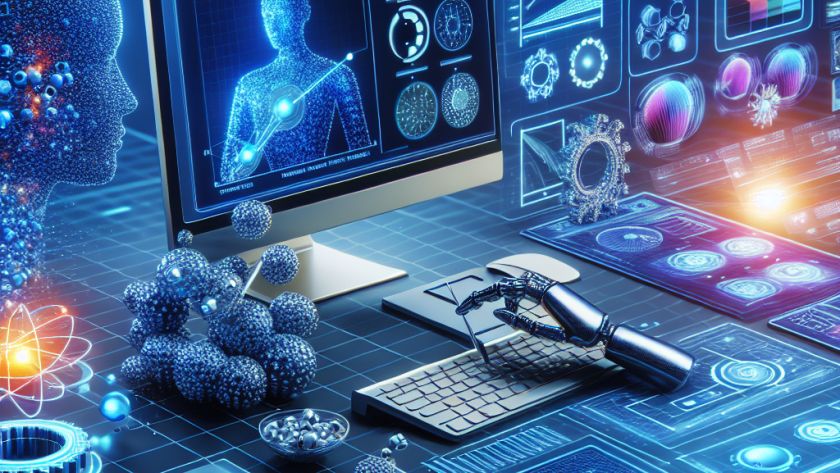An international team of researchers, including members from MIT (Massachusetts Institute of Technology), has developed a machine learning-based approach to predict the thermal properties of materials. This understanding could help improve energy efficiency in power generation systems and microelectronics.
The research focuses on phonons - subatomic particles that carry heat. Properties of these particles affect…




